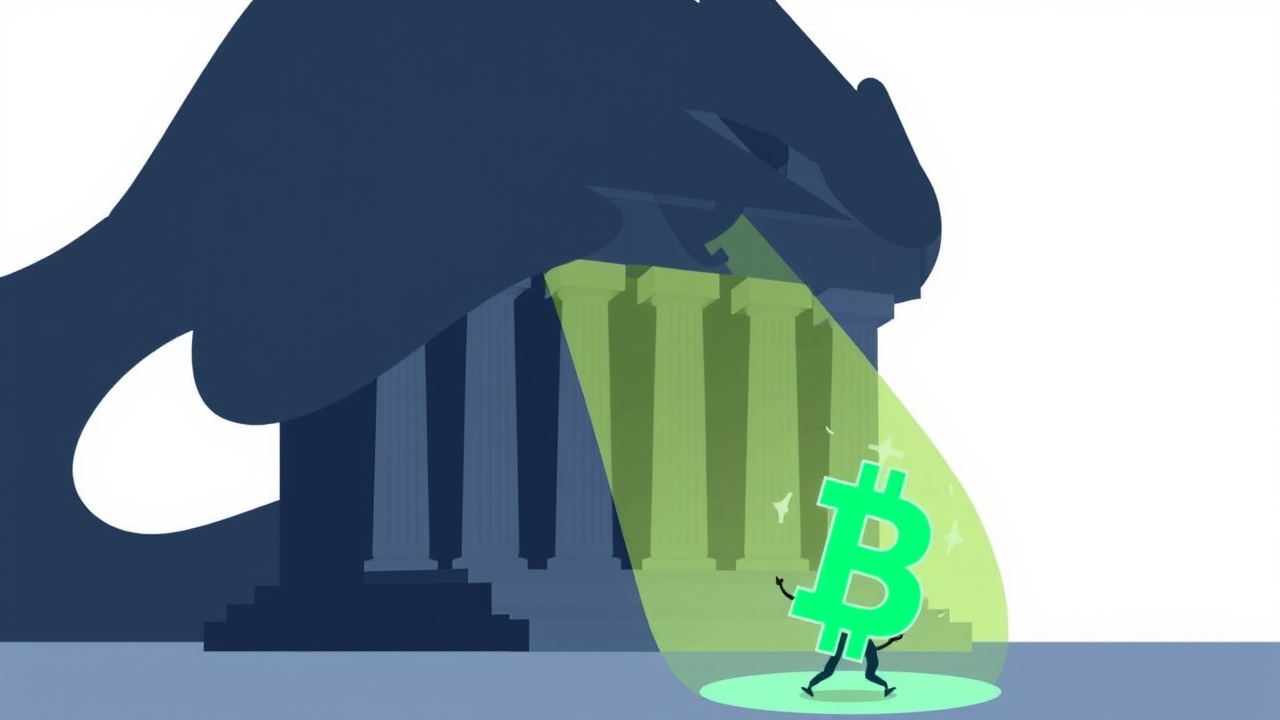Opposition to Central Bank Digital Currency (CBDC)
During testimony on Capitol Hill this week, U.S. Treasury Secretary Scott Bessent expressed strong opposition to the idea of launching a central bank digital currency (CBDC) under President Trump’s administration. Speaking before the House Appropriations Committee’s Subcommittee on Financial Services and General Government, Bessent characterized the implementation of a CBDC as a display of weakness rather than strength, citing his belief that digital assets should remain within the private sector.
“We believe that digital assets belong in the private sector, and my personal view is that having a central bank digital currency is a sign of weakness, not strength,” he stated.
Historical Reluctance and Legislative Actions
This stance aligns with the historical reluctance of conservative lawmakers to endorse a CBDC. Notably, Federal Reserve Chair Jerome Powell had previously indicated that the Fed has no plans to issue a digital version of the dollar. House Majority Whip Tom Emmer has long led efforts against the establishment of a CBDC, recently advancing his Anti-CBDC Surveillance State Act out of committee with a slim 27-22 vote.
Concerns Regarding Security and Privacy
During the session, Representative Chuck Edwards of North Carolina raised concerns from his constituents regarding the security and privacy implications of a CBDC. In response, Bessent emphasized that the current U.S. financial environment, particularly through assets like U.S. Treasuries, sufficiently supports foreign bank reserves without the need for a CBDC. He argued that the existence of various U.S. assets provides adequate access to the dollar’s value in global trade, and suggested that a CBDC would primarily exist for convenience where underlying asset options are lacking.
Republican Apprehension and Previous Executive Orders
Bessent’s sentiments echoed previous remarks he made during Congressional testimony in January, wherein he expressed skepticism towards the necessity of a digital dollar. His position reflects a broader Republican apprehension towards CBDCs, which have garnered growing attention amid fears that they could grant the government excessive control over personal finances. Trump had previously signed an executive order prohibiting the issuance of a CBDC in the U.S., reinforcing his campaign commitment by warning against potential governmental overreach that such a currency might entail.
Future Implications and Expert Insights
Despite the executive order staving off immediate concerns regarding a CBDC, experts like Nicholas Anthony of the Cato Institute argue that legislative measures such as Emmer’s bill would offer a more lasting prohibition against CBDC initiatives. He cautioned that while the current administration’s stance may prevent a digital dollar from gaining traction, changes in political leadership or unexpected crises, like a significant economic downturn, could swiftly alter that trajectory.
Opposition from Other Political Figures
Florida Governor Ron DeSantis, another Republican figure, has voiced strong opposition to CBDCs during his presidential campaign, articulating fears that such digital currencies could lead to restrictions on consumer purchasing behaviors for everyday goods. Unlike stablecoins, which are privately issued and pegged to fiat currencies, CBDCs would be government-controlled, presenting unique challenges to individual autonomy and financial privacy.
Global Context and the Future of CBDCs in America
Globally, over 100 countries are either exploring or actively testing CBDCs, with only a few, such as Jamaica and Nigeria, having fully implemented them. As the Biden administration now examines the feasibility of a U.S. CBDC, the political climate appears less favorable for its acceptance compared to previous discussions, suggesting vocal public dissent is influencing the dialogue surrounding the future of digital currencies in America.
Edited by James Rubin




